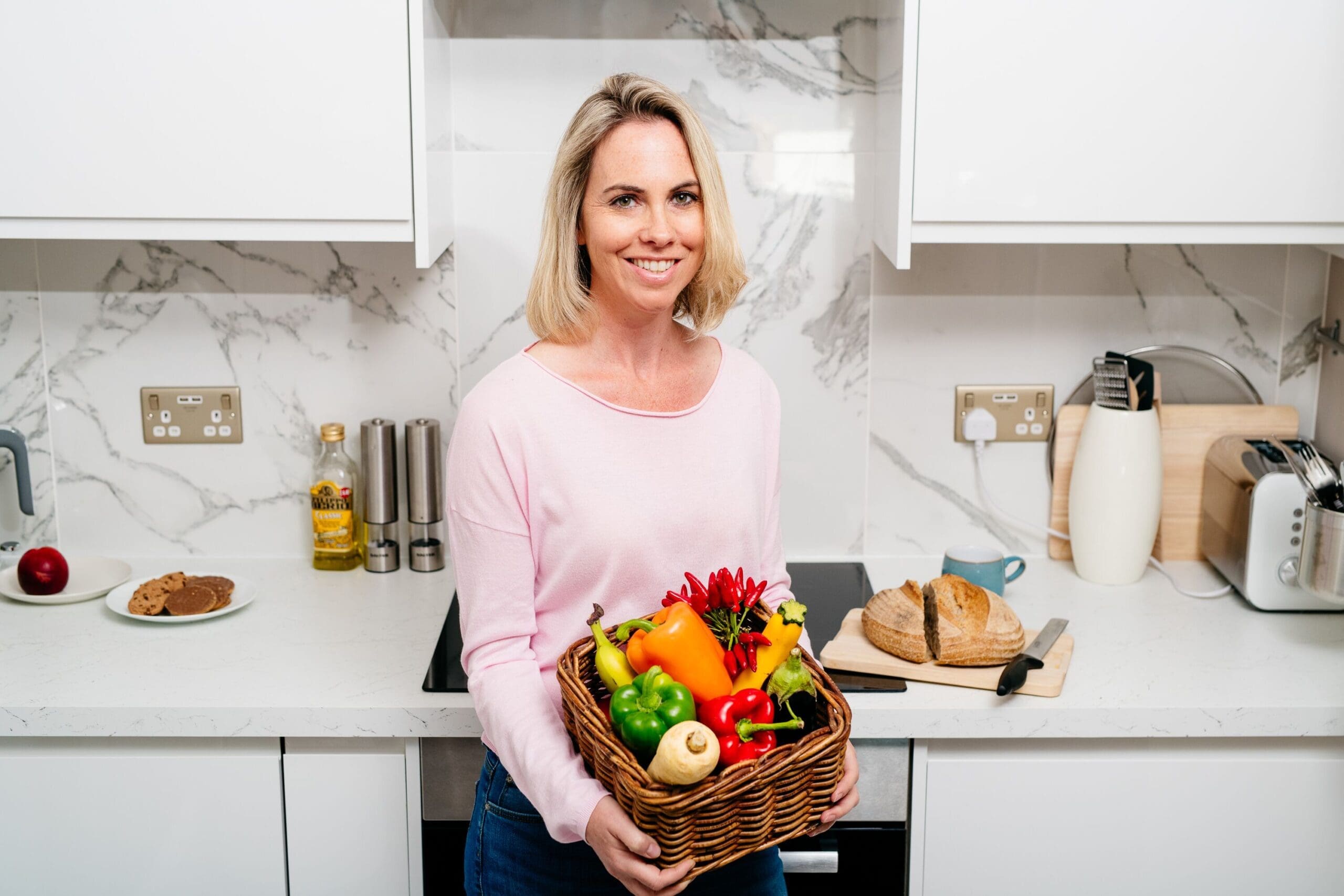OLIO is a UK-based food waste app founded in 2015 with the aim of preventing food waste in the home by offering the possibility to share surplus food within local areas and neighbourhoods. Clearly impressed by the startup’s mission, a Waitrose panel of esteemed chefs, food writers and industry experts recently identified OLIO’s founders Tessa Clarke and Saasha Celestial-One as changemakers to watch in 2020. Mintel’s Global Food & Drink Analyst Katya Witham spoke to Tessa in an exclusive interview to get know more about OLIO, its successes, challenges and future plans. Most importantly, what can manufacturers and brands do to help prevent food waste?
Read part 1 here!
What can the food and drink industry including manufacturers and retailers do to help consumers understand the impact of food waste?
Retailers and brands have an amazing route to market. In my opinion, messaging on product packaging could be a very powerful way to communicate with customers. Let’s take a bag of apples for example: no one really knows how much water it took to produce one apple alone, and would be shocked if they did know – why not add this information on the bag? Manufacturers could also provide recipes and storage tips on the packaging to further reduce waste. The other opportunity I see is in-store, where retailers have an enormous amount of real-estate that could be used to drive awareness around food waste in different engaging ways – whether it be through shelf-edge signage or in-store screens.
OLIO’s co-founder and CEO Tessa Clarke
Are there any other industries or parties that could benefit from the rising popularity of the sharing economy? Who do you think could benefit from this concept?
An obvious beneficiary is the government. According to recycling charity WRAP, local authorities in the UK spend almost a billion pounds taking food waste from households and dumping it in landfill – an enormous amount of money which could be better spent on other things such as schools and hospitals. I therefore think it’s in the best interest of local authorities – and ultimately all of us – to persuade people to share their food rather than throw it away. I also think the sharing economy can apply and be powerful in most industries, not just food. OLIO for example is not just a food sharing app, we’re also being used to share other household items such as toiletries. I am yet to meet someone who doesn’t have a drawer, a shelf or a box full of toiletries gathering dust. Like that shampoo that didn’t work out for your hair – what are you going to do with the rest of it? Our users share toiletries, cleaning products, light bulbs, books, kids’ clothing and many other things. I think that sharing and second-hand will enjoy a powerful global renaissance because we cannot continue to extract resources from the planet and then send them off to landfill. The sharing economy is therefore going to play a critical role in enabling all of human society to become sustainable.
Looking at the future, what are you most excited about in the future – let’s say in the next 5-10 years?
I’ve been very excited about the festive season, which is a period of enormous excess. A WRAP report reveals that UK households throw away 1.2 billion pounds worth of food that could have been eaten over this period. We also gift each other a lot of things that we don’t want. We then go on diets in January and throw away a lot of food. This period of excess and then dieting creates an awful lot of waste, which is why it’s going to be an exciting time for us. Looking at the longer term, our ambition is unashamedly bold: within the next 10 years, we want over one billion people sharing via OLIO. If humanity is to stand any chance whatsoever of mitigating the worst effects of the climate crisis, then we will need to achieve this given that food waste is the third largest source of greenhouse gas emissions, according to the UN’s Food and Agriculture Organization (FAO). For now, however, we’re focused on the UK market which is where 80% of our sharing takes place.
What were the biggest challenges for OLIO?
The biggest challenge for us is to encourage more people to add listings to the app. There’s no shortage of people who want to pick up free food or items from a neighbour! The challenge is to persuade people that the app works and that there are a lot of people living nearby who want these items. To facilitate this there needs to be a broader societal shift towards truly valuing our world’s precious, and finite, resources.
If you’re curious to learn more about food waste and how brands are tackling this issue, read Katya’s latest report “In Focus: Zero Food Waste”. To find more about this report, please reach out to your Account Manager or mail Katya via kwitham@mintel.com.









































